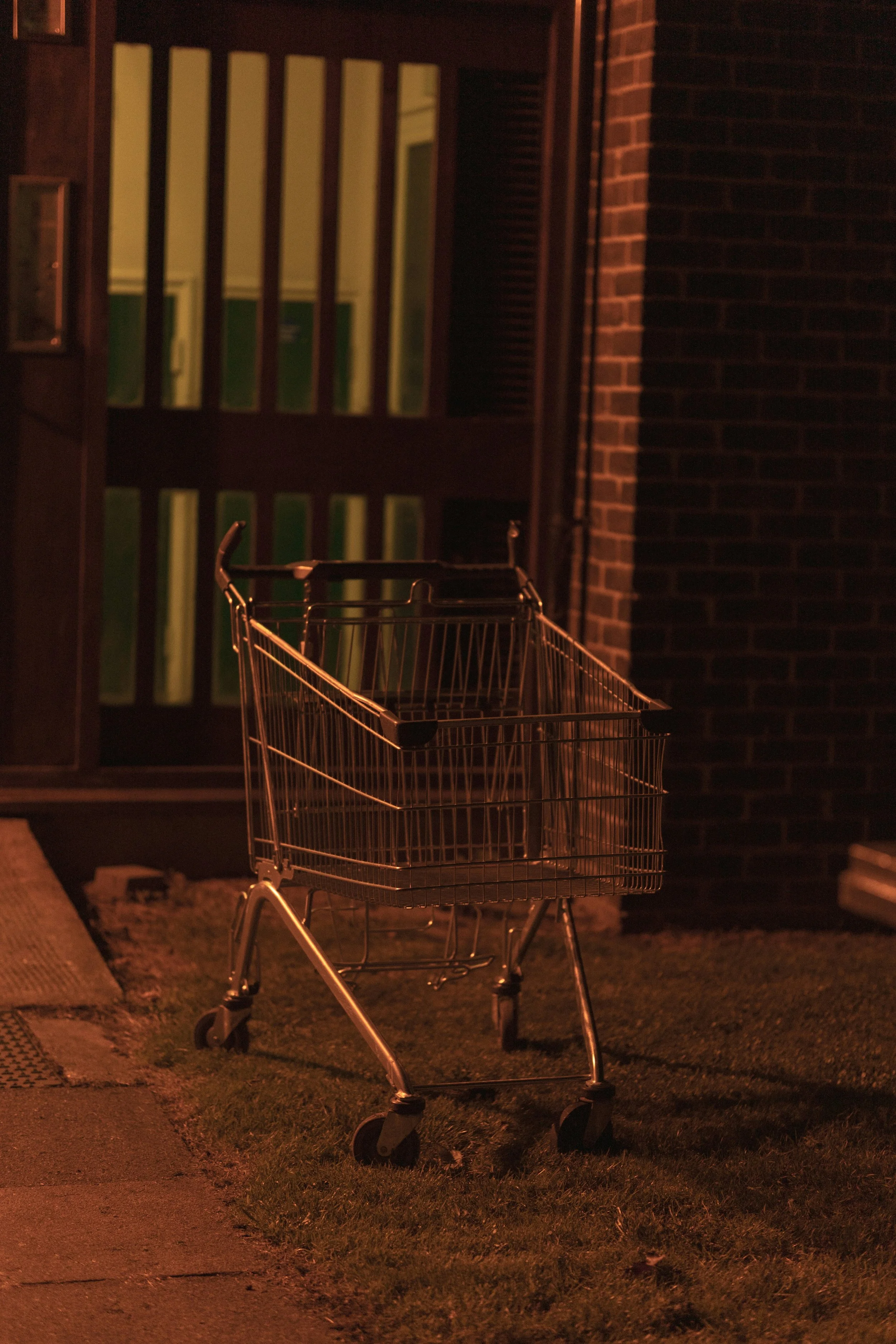Where Does the Fairy Tale Go?
Hope in the Disappointment.
He was the cutest boy I had ever seen. Three and a half feet tall. Baby brown eyes. He lived right across the playground and over the chain-link fence. Brett Elmblad … the name forever embedded in the recesses of my mind.
The Stray
If you were a stray in my childhood, I collected you and brought you home. I wrapped you in cloth, found out what food you ate, fed you—by eyedropper sometimes, made you a shoe box with tissue paper nest, put your box by my pillow, and stroked your fur or feathers until you calmed and slept. Baby mice, baby birds, baby rabbits. Anything lost or abandoned or too weak to survive on its own. I had a place for you in my house and in my heart.
I Don't Like People
Some days, I don’t like people very much. Not just the mean kind. Not only the thieves who break into my house or my car, but those who break into my time. Who steal my energy, my focus. Those who ask me to step out of my world, put down my program, and pay attention to them at just the wrong time. Even those who want to do life together when I don’t want to. When I want to do it alone.


